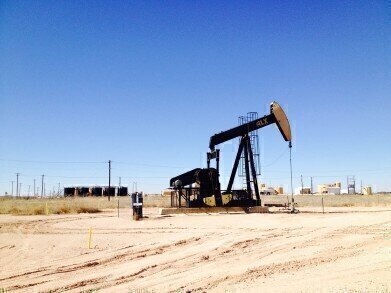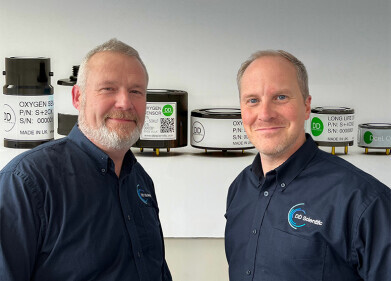Business News
Why Has the Government Censored a Fracking Report?
Dec 22 2019
The government has finally released a confidential report on fracking after years of trying to keep it out of the public eye – but the paper that has emerged is heavily censored. 37 of the 48 pages of the report are entirely blacked out, while there was only one (the title page) which did not feature any redaction at all.
The censorship has prompted frustration among the environmental community who have lobbied for years to force the government to publish the report. There is also widespread concern about the potentially damning contents of the redacted documents, as well as questions about what exactly the government is so desperate to hide.
The fracking saga
Fracking, more formally known as hydraulic fracturing, is the practice of injecting a mixture of water, sand and chemicals into shale rock underground at extremely high pressures in a bid to release the latent oil and gas within. It originated in the town of Denton, Texas in the USA and has enjoyed widespread popularity across the States, although its environmental credentials have often been challenged and it has since been banned in the town where it was first pioneered.
Chief among the concerns raised by its critics are the additional CO2 emissions produced during the fracking process. Environmentalists argue that at a time when we should be turning away from fossil fuels and towards renewables, fracking represents a step backwards. There are also fears it could contaminate drinking water supplies and cause ground tremors. A lengthy campaign against the practice in the UK achieved a significant victory when the government finally stopped fracking last month.
Despite the temporary ban on the practice, the government is yet to introduce a permanent moratorium. However, even that step was hailed as a major concession from a government which has largely ignored public outcry over the practice and pressed ahead with plans to implement it in Lancashire.
Concealing evidence
The report was originally written in 2016 and Greenpeace had campaigned for its contents to be published almost immediately. However, the government fought tooth and nail for it to remain confidential. Last year, some of its findings were released through a Freedom of Information request, which predicted that strong local opposition to the practice would mean a mere 4% of planned fracking activities would actually go ahead. As a result, the wild economic gains promised by its proponents were deemed to be unrealistic.
Now, the report has finally been released, although hardly any of it is actually legible. The only part to remain unredacted details a government strategy to improve public opinion regarding fracking, which is at its lowest levels since the practice first emerged. Even this year’s successful Water, Wastewater and Environmental Monitoring (WWEM) conference featured speakers arguing for the safety of fracking.
“Looking at this black wall of redacted pages, people will be wondering why there’s so little the government is willing to reveal about fracking and so much it wants to hide,” remarked Rebecca Newsom, who serves as head of politics for Greenpeace. “If ministers have really dropped their support for this polluting industry, why not publish this report in full and come clean about what’s been going on behind closed doors for years?”
Digital Edition
IET 34.2 March 2024
April 2024
Gas Detection - Biogas batch fermentation system for laboratory use with automatic gas analysis in real time Water/Wastewater - Upcycling sensors for sustainable nature management - Prist...
View all digital editions
Events
Apr 24 2024 Jakarta, Indonesia
Apr 24 2024 Sao Paulo, Brasil
Apr 30 2024 Melbourne, Australia
Apr 30 2024 Birmingham, UK
May 03 2024 Seoul, South Korea



















